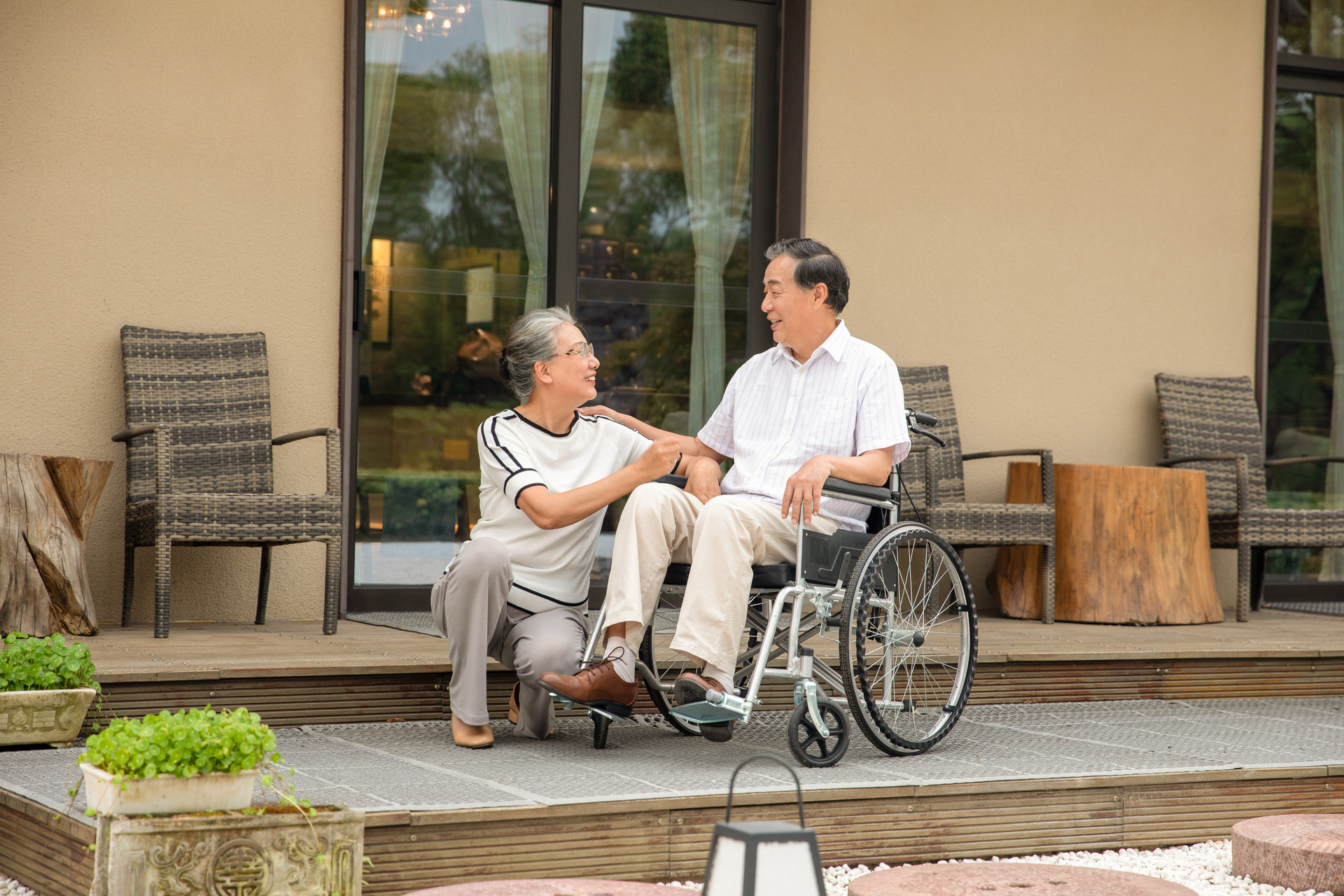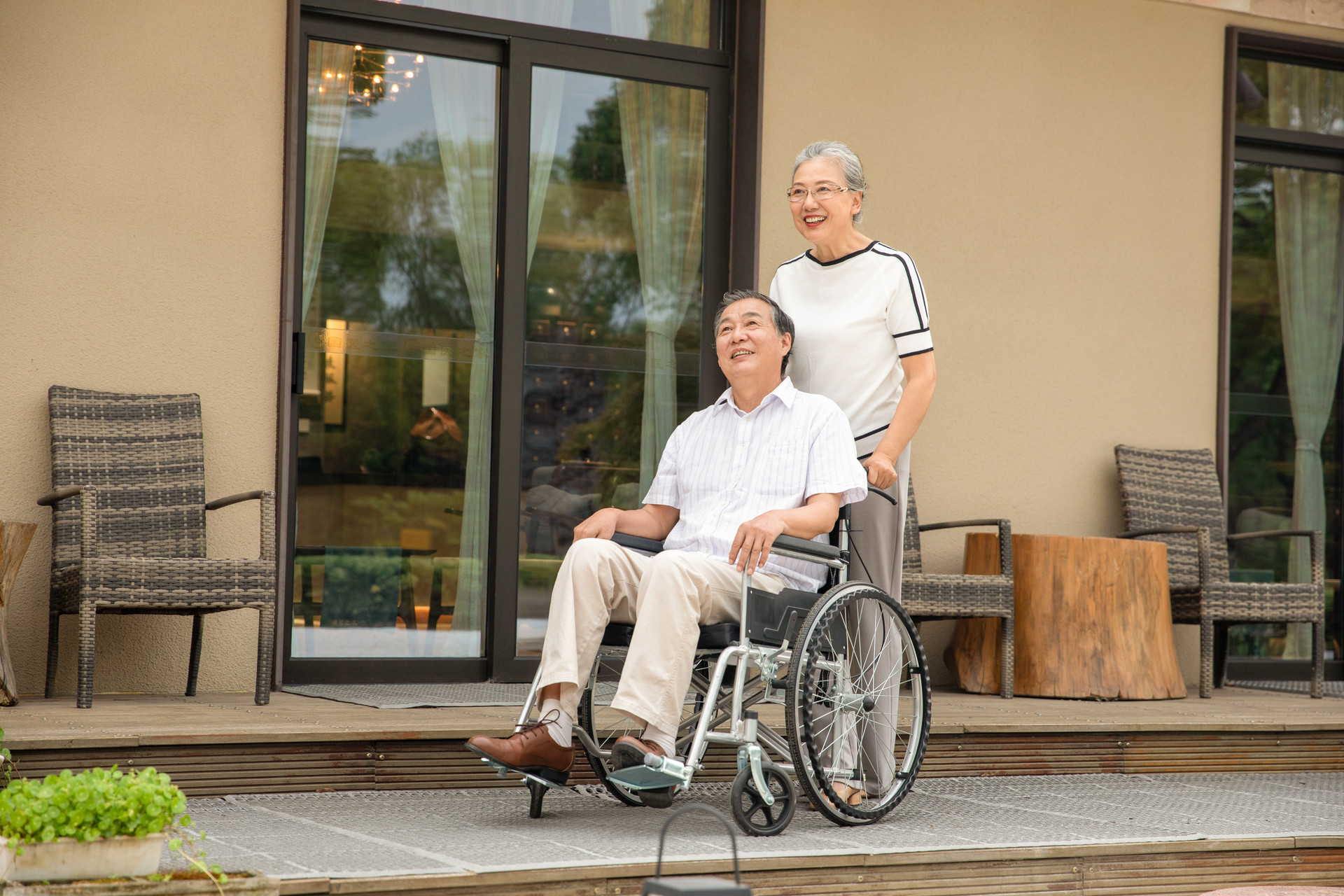Investigations into the reasons and lifestyles of centenarians have yielded surprising results: these long-lived individuals do not often eat fruit, frequently consume pickled vegetables, and do not exercise regularly... Could it be that the healthy lifestyle we have always advocated is wrong?
Not Exercising Regularly, But Still Healthy: Promoting Physical Activity
Most centenarians, whether in the past or present, do not exercise regularly.
Do they live longer by not exercising? The key to exercise for health is to strike a balance between physical and mental well-being, rather than simply engaging in exercise. For the elderly, excessive exercise can be detrimental to their health. Not exercising regularly does not mean that they do not engage in physical activities. They keep themselves active and their bodies moving, even if it means doing household chores. Traditional Chinese medicine emphasizes exercises that focus on both physical and mental well-being, rather than high-intensity workouts. Therefore, not exercising regularly and staying active are not necessarily contradictory.
Frequent Consumption of Pickled Vegetables and Soy Products, Rarely Eating Fruit
Centenarians' staple foods consist of coarse grains, rice, and flour. As for fruits, less than a quarter of centenarians eat them daily, sometimes only half, and almost a quarter rarely eat them. Regarding vegetables, 85% of centenarians eat two to three varieties daily. However, most of them consume meat, fish, eggs, and pickled vegetables regularly, with over 90% consuming soy products frequently.
The centenarians' minimal fruit intake is related to their dietary habits. Many of the nutrients found in fruits are already adequately covered in their daily diet. This does not mean that fruits have no connection to longevity. As for pickled vegetables, as long as they are not consumed in large quantities every day, they do not have a significant impact on health. Soy products contain eight essential amino acids for the body, including lysine, which is lacking in grains. Soy products also contain a rich amount of inorganic salts and trace elements such as calcium, phosphorus, potassium, magnesium, iron, and zinc. They are abundant in B vitamins and vitamin E, which play a role in preventing osteoporosis, delaying skin aging, regulating nerves, and reducing fatigue. Therefore, regular consumption of soy products is beneficial to health. However, regular consumption does not mean excessive consumption; a normal serving as a side dish is sufficient.
Regular Consumption of Plain Water, Preferably Drinking Congee
Over 70% of centenarians enjoy drinking water and most of them have the habit of drinking water in the morning. Nearly 90% of them regularly drink plain water. Their daily diet mostly consists of watery congee, and they have a particular interest in well-cooked congee oil.
Pure plain water is the most hydrating and can immediately promote metabolism, regulate body temperature, transport nutrients, and cleanse the body. Boiled and naturally cooled plain water can easily promote metabolism through cell membranes, enhance the body's immune function, and improve its ability to resist diseases. Throughout history, medical professionals and health experts have highly praised the consumption of congee by the elderly. "Congee is the best nourishing food in the world," as stated in "Dietary Guidelines for the Residents of Suixi." Congee is easy to digest, absorb, and nourishes the stomach, spleen, lungs, and intestines. The oil floating on top of well-cooked congee, known as "rice oil" or "congee oil," is considered the essence of rice soup. Wang Mengying, a medical expert from the Qing Dynasty, wrote in "Dietary Guidelines for the Residents of Suixi" that "rice oil can replace ginseng soup."
Consuming Fresh Seafood, Avoiding Leftover Dishes
Not consuming leftover dishes is a good lifestyle choice. The nutritional value of vegetables decreases when they are stored overnight, and it can lead to an increase in nitrite content, which is harmful to health. Fish and meat fats are closer to vegetable fats and not only do they not harm the cardiovascular system, but they can also promote cardiovascular health due to the presence of two special components (DHA and EPA). Seafood is rich in trace elements and dietary fiber and is a killer in combating high blood pressure and diabetes. The proteins found in fish and meat are complete proteins that are most suitable for human needs and are easily digested and absorbed.
Centenarians mainly consume coarse grains such as corn, potatoes, yams, soybeans, and peanuts as their staple foods. They enjoy eating cold dishes, such as radish sprouts, garlic, cucumbers, asparagus, and chives. They often have cold dishes as part of their meals.
As food processing has become more prevalent, the nutritional content found in grains and bran has significantly decreased, despite the enhanced taste. Therefore, consuming coarse grains and self-processed flour and rice is healthier. However, individuals with liver cirrhosis, esophageal varices, or stomach ulcers may experience vein rupture and bleeding if they consume large amounts of coarse grains. Eating cold dishes helps with detoxification and bowel movements and prevents the loss of vitamin C that can occur during excessive heating. Blanching cold dishes with boiling water can help kill bacteria.
External Use of Certain Foods, such as Ginger Water Foot Soaks for Health
Centenarians rely heavily on onions, ginger, garlic, and radishes in their daily lives. They drink ginger tea, chew on ginger slices, and use ginger water to wash their feet, which is a common practice in the longevity village of Rugao.
Ginger water foot soaks have health benefits and can assist in the treatment of certain ailments. Patients with colds, headaches, and coughs can immerse their feet in hot ginger water, making sure the ankles are submerged. During the soak, a little salt and vinegar can be added to the hot ginger water, and hot water should be continuously added until the feet turn red. Using ginger water to wash the feet enhances the warming effect. However, individuals with high blood pressure or cardiovascular diseases should consult a traditional Chinese medicine practitioner before attempting this practice.










